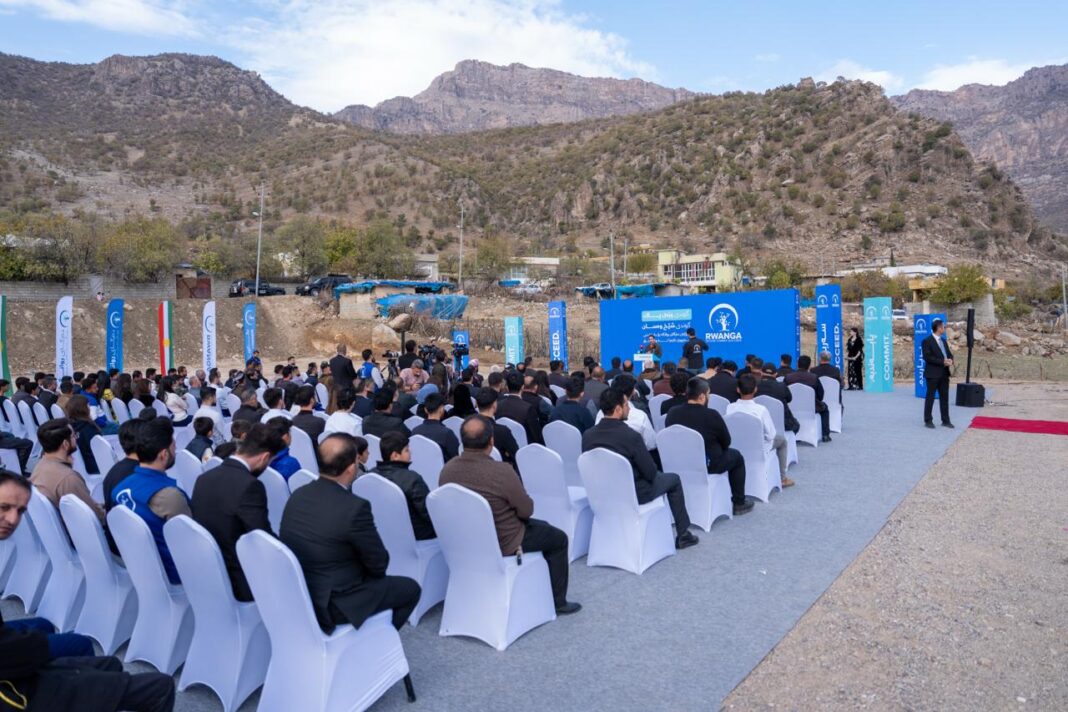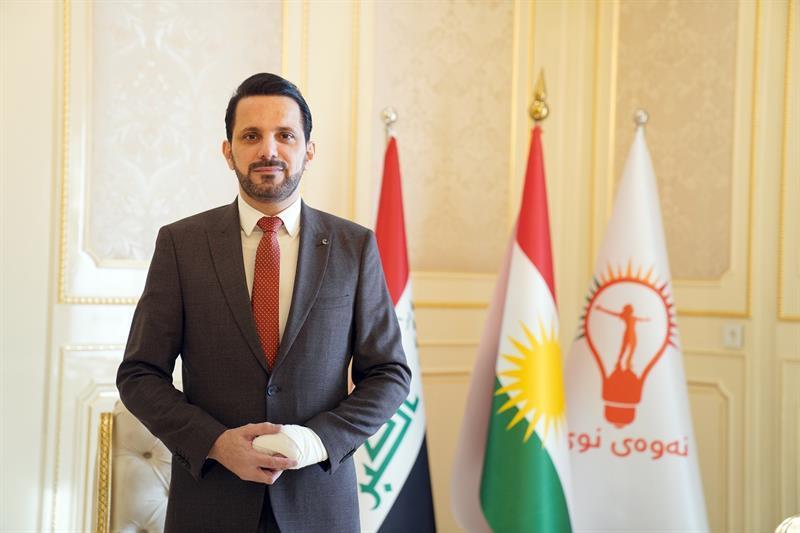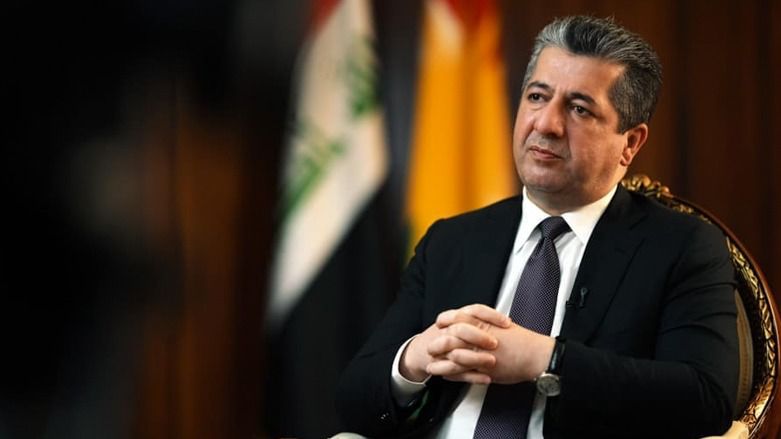For the people of Sheikh Wasan, a small village in the Balisan Valley of Iraqi Kurdistan, history is stained with one of the Ba’ath regime’s most brutal crimes against humanity. On April 16, 1987, Iraqi aircraft unleashed chemical weapons on Sheikh Wasanan, Balisan, and Kani Bard communities accused of supporting Kurdish peshmerga forces.
Thick white gas rolled through the valley as families returned from the fields, bringing blindness, suffocation, and unimaginable agony. Villagers later described the horror as witnessing “doomsday” unfold on their own doorsteps.
Those who survived the initial bombardment suffered through the night vomiting, losing their vision, and collapsing as the gas burned their lungs and skin. Many attempted to flee into the mountains, only to be captured shortly after. In one of theBa’ath regime’s most heinous acts, approximately 300 of these severely injured survivors were transferred to a security prison in Erbil, not for treatment, but to be left to die.
Independent witness Mohammed Rasul Qadir, jailed for having peshmerga relatives, climbed above his cell door and saw a scene he would never forget: children blinded and crying for parents who lay motionless beside them, elderly villagersburned and gasping for air, and guards who refused them medical aid.
Within just days, 57 villagers died in that prison including a pregnant woman whose unborn baby could not be saved. Mohammad carried each body outside himself. Fathers and mothers lamented their dead in agonizing songs that still haunt survivors decades later.
By the time the tragedy’s first chapter ended, 211 people from Sheikh Wasan had been killed or were missing. Familieswere displaced, children orphaned, and men taken away never to return. The Ba’ath regime sought to erase the village entirely. But it failed.
Despite profound physical and psychological trauma worsened by years of displacement ,the surviving people of Sheikh Wasan returned home. They rebuilt their lives among the scars left behind by chemical warfare.
Today, more than 240 survivors continue to suffer long-term medical complications, including respiratory disease, skin damage, and visionimpairment. The emotional burden ,memories of entire families wiped out ,remains even heavier.
Yet resilience defines Sheikh Wasan. Each year, families gather to honor the martyrs who perished, ensuring that their names and their suffering will never be forgotten.
Recently, new light, quite literally has begun to shine over the village. A major solar energy project has been successfully completed in Sheikh Wasan, bringing life-changing electrical power to residents through:
Today, Sheikh Wasan is taking a powerful step toward sustainable recovery. A major solar energy project has been completed in the heart of the village, bringing clean and reliable electricity to a community that has endured decades ofhardship.
A total of 72 solar units have been installed, with 68 of them now providing power directly to family homes. Theremaining units support the school, the mosque, the health center, and Martyrs’ Hall the most important public spaces where daily life, education, and remembrance take place.
In total, 432 high-capacity solar panels have been distributed across the village. Each system is equipped with a strong battery unit to guarantee power throughout the night or during cloudy days, achieving a total generation capacity of more than 272 kilowatts. This new resource now benefits 281 residents, improving their comfort, supporting access to basic services, and contributing to a more hopeful and dignified future.
For the first time in many years, Sheikh Wasanan enjoys stable light in homes after sunset, students can study without interruption, and essential medical equipment can functionsafely ,all signs that life in this village, once devastated by chemical warfare, is moving forward with renewed strength and optimism.
For a community that has suffered from decades of underdevelopment and hardship, the arrival of clean, reliable powerrepresents hope, access to essential services, improved daily life, and a foundation for future growth.
This transformative solar project stands thanks to the Rwanga Foundadtion, founded by Idris Nechirvan Barzaniwhose mission focuses on humanitarian development across Kurdistan. By investing in Sheikh Wasan, they have done more than install technology they have restored dignity, stability, and the promise of a future not defined by violence and neglect.Their work honors the village’s martyrs by ensuring that the living can thrive.
Sheikh Wasanan is more than a village , it is a testament to Kurdish resilience. Once targeted with banned chemicalweapons and left to die behind prison walls, the community has survived to rebuild, resist, and rise.
The solar energy project proves that progress can grow in even the most devastated places especially where bravery and memory remain strong.
Through remembrance and innovation and with the support of organizations like the Rwanga Foundadtion the people of this martyr-nurturing village continue to honor their past while lighting the way toward a brighter future.
By Hema Kamal



